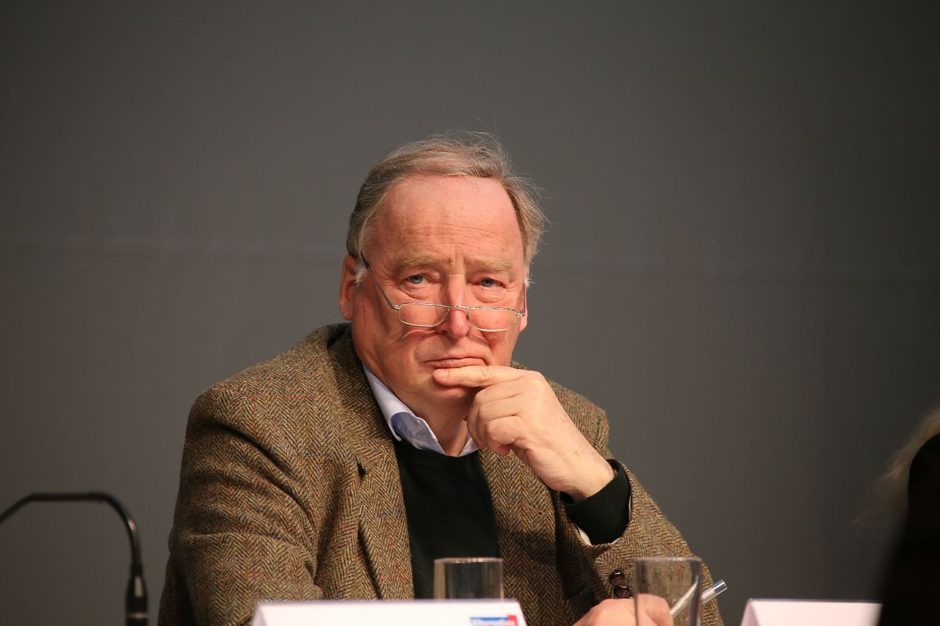Given what happened in Germany and German-occupied Europe from 1933 to 1945, the 12-year interregnum during which German Jews were persecuted and murdered and Germany orchestrated the industrial-scale killing of European Jews in the Holocaust, Germans must be particularly vigilant in combating the scourge of antisemitism.
No one knows this better than German Chancellor Angela Merkel.
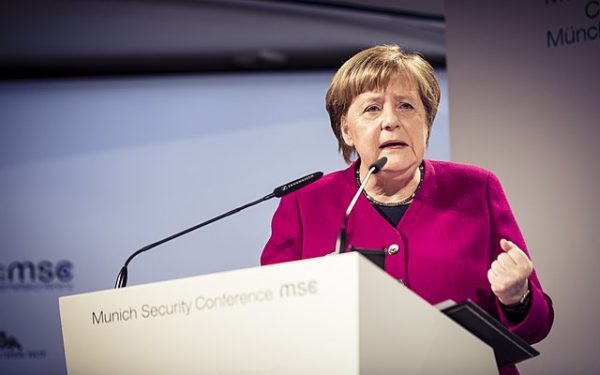
In a speech marking Holocaust Memorial Day earlier this year, she said there must be a “zero tolerance” approach to antisemitism and other forms of xenophobia. As she sagely put it, “People growing up today must know what people were capable of in the past, and we must work proactively to ensure that it is never repeated.”
Wise words, these.
Contrary to Merkel’s hopes, however, antisemitism in Germany is on the rise. It’s a very disturbing development, in light of past events.
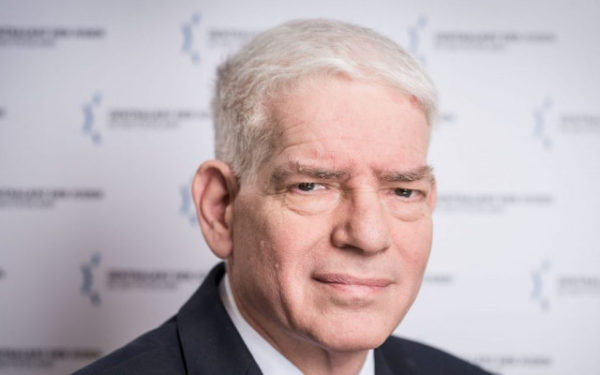
In 2018, antisemitic offences jumped by 19.6 percent, prompting Josef Schuster, the head of the Central Council of Jews in Germany, to say that government action is “urgently needed.” In a statement, he said, “The latest numbers … reflect a tendency, and that’s scary. What had already solidified as a subjective impression among Jews is now confirmed in the statistics.”
According to reports, most antisemitic crimes are committed by right-wing extremists. Of 1,799 antisemitic crimes reported last year, 89 percent were attributed to the usual suspects — neo-Nazis and skinheads — and the rest to “foreigners,” a code word, in this case, for Muslims.
Lamentably, the incidence of antisemitic crimes perpetrated by Muslims coincides with the increased flow of Muslim migrants and refugees into Germany.
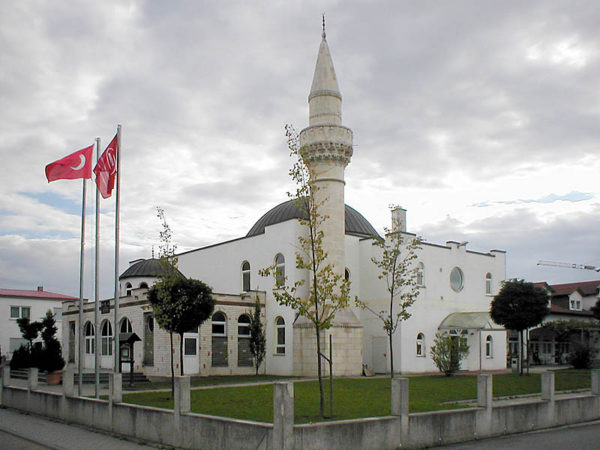
There are now about five million Muslims in Germany, comprising six percent of the total population, compared to three million, or four percent, a decade ago. Germany’s Muslim community is diverse. A significant number of Muslims arrived from Turkey decades ago. In the past few years, the majority of Muslims entering Germany have come from war zones — Syria, Iraq and Afghanistan.
Most Muslims are peaceful and law-abiding. But a significant proportion of the Syrians who have poured into Germany of late have been influenced and affected by the anti-Israel and anti-Zionist animus disseminated by the Syrian regime. All too often, this hatred has bled into outright antisemitism.
A small and malignant minority of these Muslims have joined Islamic fundamentalist organizations, which conflate European Jews with Israel. Such Islamists are in the vanguard of the Muslims who pose a potential threat to Jews in Germany, says the Federal Office for the Protection of the Constitution in Antisemitism in Islamism, a brochure published recently.
The 40-page report, which has been distributed to educators and social workers in close proximity with recent Muslim newcomers, warns that Islamist groups incite their members to antisemitic hatred and violence.
It cites several examples.
Three years ago, a Jewish woman in Berlin was verbally abused by two Arabs offended by an Israeli pendant she was wearing.
Toward the close of 2017, a Jewish high school student in Berlin was physically assaulted by an Arab classmate who shouted, “You are child murderers, you should have your heads cut off.”
At around the same time, two unidentified men attacked a synagogue in the state of North Rhine Westphalia.

As the brochure states, antisemitic beliefs promoted by Islamist organizations and individuals “already represent a considerable challenge for peaceful and tolerant coexistence in Germany.” Juliane Wetzel, a member of the Center for Research on Antisemitism at the Technical University in Berlin, agrees with this blunt appraisal. In her view, Islamist antisemitism is spreading.
This is a serious problem that local and state governments must vigorously address. At the end of the day, though, Jews in Germany should be most concerned by the specter of right-wing extremism.
Due in large part to the massive influx of Muslims into Germany since 2015, the far-right Alternative for Germany Party has grown tremendously and greatly increased its representation in Parliament. One of its leaders, Alexander Gauland, cavalierly dismissed the Nazi era as a “speck of bird poop in more than 1,000 years of successful German history.” Another leader, Bjorn Hoecke, suggested that Germany should no longer atone for its Nazi past.
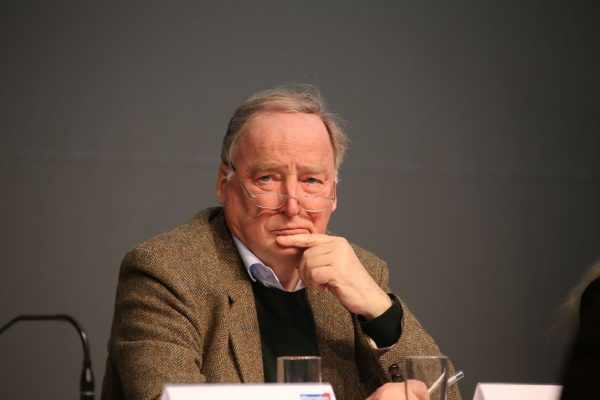
Comments like these prompted Israel’s ambassador to Germany, Jeremy Issacharoff, to disclose on May 12 that he has declined to establish contacts with the Alternative for Germany Party.
Issacharoff’s disclosure underscores the fact that while Muslim antisemitism should be closely monitored and condemned, right-wing extremism remains the biggest danger to Jews in Germany today.
